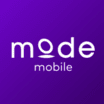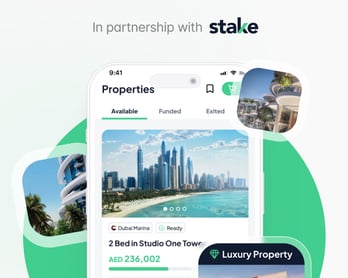The Ethereum ecosystem is made up of thousands of teams trying to advance the protocol forward by building in an open ecosystem. While a portion of those teams are working on things like decentralized finance and distributed identity, there’s a group of teams working on what are called non-fungible tokens or cryptogoods.
Cryptogoods are unique, digitally-native assets that live on a distributed ledger. Unlike fungible tokens, cryptogoods are not easily divisible or interchangeable. Cryptogoods follow the ERC721-standard, which just means all tokens have a similar code structure in order to communicate. CryptoKitties, a kitty breeding game, pioneered the ERC-721 standard in 2017. We’ve seen an explosion in different use cases of cryptogoods and are blown away from some of the possibilities.
Cryptogoods are uniquely identifiable and publicly accessible - they represent direct ownership in an asset tracked on a digital ledger. Cryptogoods live on the Ethereum blockchain and are programmable by nature. Projects can build on top of each other without each other’s permission (like legos!) to create entirely new experiences while saving on development resources.
ICOs and cryptocurrencies have been plagued by speculators rather than users because of the lack of product development. Cryptogoods have utility-baked into the product, so usage of the token is encouraged. Some of the more popular cryptogoods besides Cryptokitties include Gods Unchained cards, Axie Infinity sprites, and MLB Crypto Baseball players.

These cryptogoods are commonly sold as “Initial Asset Offerings” which allow companies to sell cryptogoods to users in a pre-sale, usually with some pre-defined scarcity or rarity hierarchy.
Since cryptogoods are unique rather than fungible, price discovery is difficult. This has caused some companies to default to auctions as a means of selling digital goods. Decentraland, a virtual world selling scarce virtual real estate, used a dutch auction to sell their LAND parcels. We’ve seen other companies experiment with other auction models like reverse dutch auctions and english auctions.

Many blockchain games require a user to purchase an asset to play the game, while most users would prefer to play the game for free. Instead of selling digital assets, companies can airdrop digital assets to users outside of their ecosystem so they can play their game for free in a compliant fashion.
At Republic, we’re looking to talk to non-fungible token projects who are looking to do airdrops. If you’re interested in learning more, you can reach out at crypto@republic.co
This educational article is provided by Republic to help its users understand this area of the market, it should not be construed as investment advice as it is impersonal, disinterested and was produced by Republic for Republic’s users, without remuneration received or expected.



 Oops! We couldn’t find any results...
Oops! We couldn’t find any results...








The discussion will appear here.